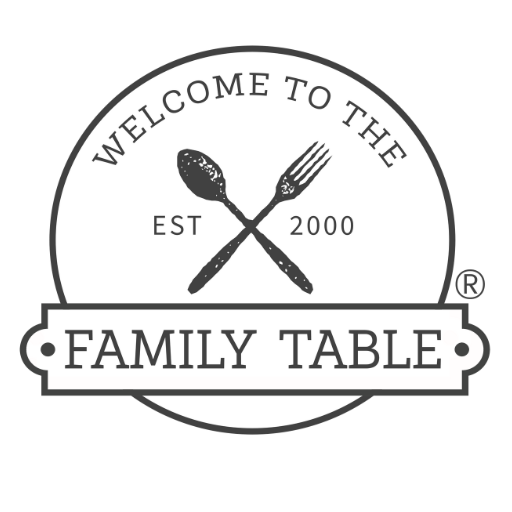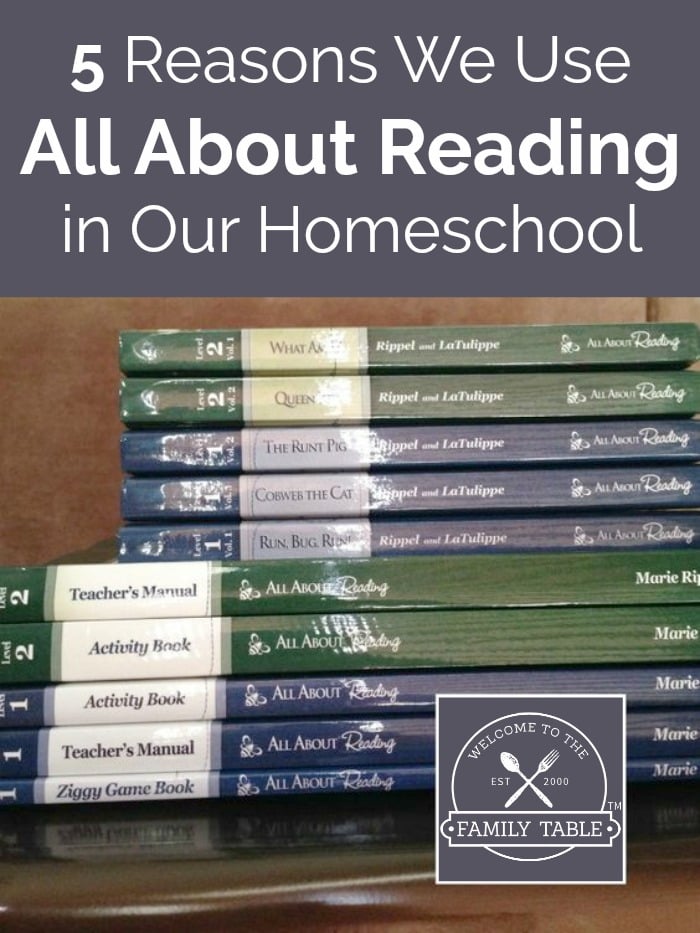How to Start a Homeschool Co-Op Book Club
Last month I shared five steps to start your own homeschool co-op based on my experience launching and running a girls’ book club co-op this past school year. Starting a new homeschool co-op yourself can sound like a daunting task, but it doesn’t have to be. This post will cover how you can use a book club format to set up a simple and effective homeschool co-op experience.

How to Start a Homeschool Co-Op Book Club
If you’re unfamiliar with the concept of a homeschool co-op, my homeschooling sisters and I share our various experiences with co-ops on our family blog, NextGen Homeschool. Homeschool co-ops can be a wonderful way to add enrichment to your homeschooling plans and build relationships with other homeschooling families in your community. If you’re not sure whether a homeschool co-op is something you should pursue, here are five reasons to consider starting or joining a homeschool co-op.
As you can tell, I am a huge fan of the homeschool co-op: I believe they can strengthen the homeschooling experience academically, socially, and spiritually for your entire family. I also think that a successful homeschool co-op does not have to be complicated to meet all of your goals.
A book club is a great place to start because we’re all familiar with the idea of a book club. Even if you think you’ve never been part of a book club, in many ways you have: Remember reading the same book as a class in school and having related work to do on that book? A homeschool co-op book club is pretty much the same concept!
Here are five reasons why a book club is a very flexible choice for a homeschool co-op:
- Any gender: It doesn’t matter if you have all girls, all boys, or even a co-ed group. It’s possible to find quality books that will speak to the makeup of your group and provide interesting discussion points.
- Any age: You can also work with any age group. Even little pre-readers can read aloud with their parents and have related projects done together. Reading is engaging for all ages, and reading is another way to bring parents and their children together in a fun learning environment.
- Any size (almost): A book club can be as small as two families connecting or much larger — but not too large. Discussion groups function best with eight or less participants, which allows everyone to have a voice and develop friendships. However, if you have a larger group that wants to meet, you can divide up into smaller discussion groups. Our girls’ book club split up into four discussion groups: Two tween-age groups, one young readers group, and one read-aloud group. As long as you have enough parents on board to help lead discussion, this can run just as smoothly.
- Any duration: Because your book club isn’t tied to a long-term curriculum plan, you can choose any duration of time to run your book club. We chose to break up the year into two semesters, but I think a quarterly option and a summer book club can also work well. You just want to make sure you have enough time to accomplish your goals and develop relationships before concluding your co-op.
- Anyone can do it: Running a book club isn’t complicated. Once you have made key decisions about your book club as a homeschool co-op (see below), the rest is quite simple. Read the book, meet to discuss it and/or do related projects or activities. That’s it!
As I mentioned in my previous post on [how to start a homeschool co-op], the key ingredients for a successful homeschool co-op are a common mission, agreement on the logistics and expectations from participants, and some divine intervention (pray about it).
Before you move forward to start a book club homeschool co-op, you will need to answer some important questions:
- Who should be in the group? All girls, all boys, or co-ed? Multi-age families? If you are starting the group yourself, make a decision that works for your family so that the book club complements what you are doing in your homeschool.
- Who will I invite to join the group? Once you know what type of book club you want to start, invite those families that “fit the profile” in terms of ages and gender of children, etc. Don’t be afraid to reach out to new people: A book club co-op can be a great way to start getting to know other homeschooling families.
- What book(s) will we read? Once you have an idea of who will be in your group, you may want to choose your books as a group. Or if you already have a great idea in mind, go with it and see who has the same vision for the book selection.
- Where will we meet? A meeting place is also flexible, depending on who is in your group and your group size. Someone’s home is probably the easiest (and you can divide up hosting tasks, too), but you can also consider something free and public such as a library’s children’s lounge or the park, since minimal supplies are involved.
- When do we start? Once your logistics are firmed up, choose a start and end date that works for you. Book clubs are very simple to run through the summer, too — even if you’re not doing any other formal schoolwork with your children.
These steps will get you well on your way to setting up a book club homeschool co-op. You can find more specifics on [how to start your homeschool co-op] in last month’s post.
Read More Posts in the Homeschool Co-Op Series
Here’s a look back at our journey with a girls book club this past year:
- Starting a Homeschool Co-Op: Girls Book Club
- Starting a Homeschool Co-Op: Getting into the Groove
- What’s Working: Girls Book Club Takes Off
- Hands-On Homeschool: Making Corn Husk Dolls
Have you ever participated in a book club yourself? What do you think about being involved in a book club as a homeschool co-op? Would a book club work for your family? What other simple homeschool co-op ideas do you have? We’d love to hear about them!



